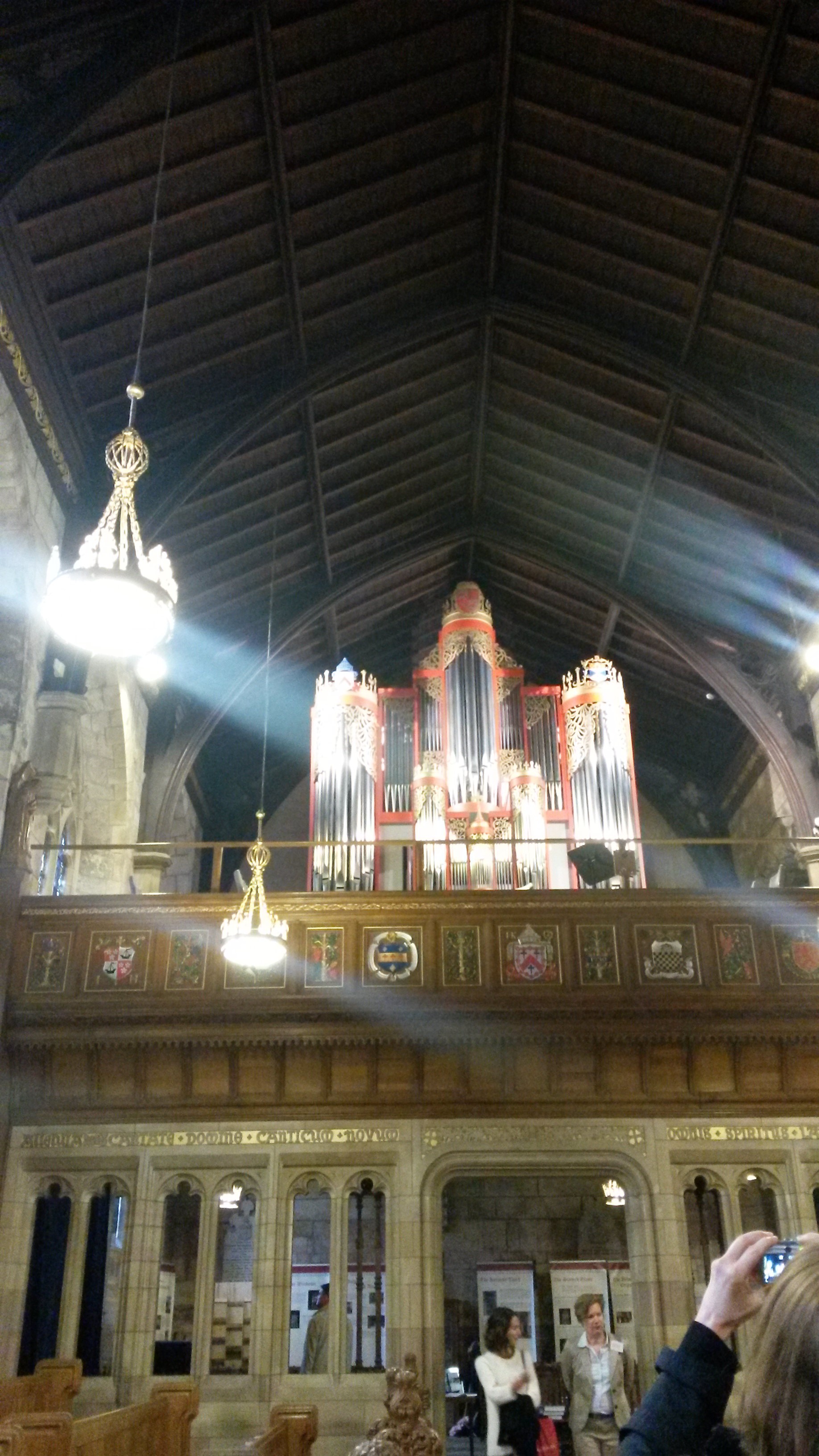By Miranda Sachs, PhD Candidate in the Department of History at Yale University

As an American traveling to the United Kingdom to discuss the history of France, I was an étrangère twice over at the Society for the Study of French History conference last month. And yet, in spite of the regular tea breaks and the fact that I’d traversed half of the United Kingdom, I didn’t feel out of place. It helped that I kept encountering people I knew. Both a professor who’d taught me as an undergraduate as well as one who had guided me through the first years of graduate school were in attendance as well as friends and acquaintances who I’d compared notes with over lunches at the Bibliothèque Nationale and the Archives Nationales. But more significantly, even though I met people from multiple countries, our common interest in French history allowed us to connect and spurred innumerable fruitful conversations.

Over the course of two days, I attended panels that spanned the historical range from the Revolution to the beginnings of Fifth Republic, but it seemed like there was a strongest cluster around the end of Ancien Regime and decolonization. The plenaries followed these trends. In his talk, “1715, 1815: what was really important? What really changed?” David Bell hypothesized what a global history of the French Revolution might look like using as his parameters the bi-centenary of Waterloo and the tri-centenary of the Treaty of Utrecht. In the end, he emphasized the global turn, while allowing historians to examine larger structural changes, is unable to take into account more localized transformations that were perhaps even more critical to the history of France. He countered that 1789 should remain a key turning point. The Revolution was after all, turned French society on its head. Alice Conklin’s talk, “A Crooked Path: Ethnologists between la Résistance and la guerre d’Alger” followed the stories of the ethnologists who trained with Marcel Mauss, in particular the recently pantheonized Germaine Tillion and the less-lauded Jacques Soustelle. She argued that their attitudes towards ethnography informed their divergent political behavior during the Second World War and the Algerian War.

In many of the panels, participants returned to the theme of “turning points.” Was 1960 a turning point in France’s policy in Africa? Was Thermidor a turning point in the trajectory of the Revolution? It was a conference theme that worked well in that it could be applied as an analytical tool in a variety of contexts. At the same time, as the final plenary round table emphasized, the search for turning points might not be the best use of our energies as historians. Penny Roberts, Olivier Chaline, and Máire Cross proposed potential turning points within the periods they study, but ultimately both they and the audience seemed hesitant about choosing particular moments in history to center our research around. Perhaps, as one audience member suggested, we try to impose turning points on history, because we need them in the construction of our own personal narratives. I will admit that I found this discussion particularly useful as I grapple with the question of whether the Third Republic was a transformative moment in the construction of modern childhood.
Finally, no summary of the conference would be complete without mentioning the setting, as it was simply stunning. It’s hard to match the panoramas of the sun setting on the beach after the conference dinner or the organ recital in a fifteenth-century chapel.


Next year’s SSFH conference will take place on 3-5 July 2016 at Chichester.


